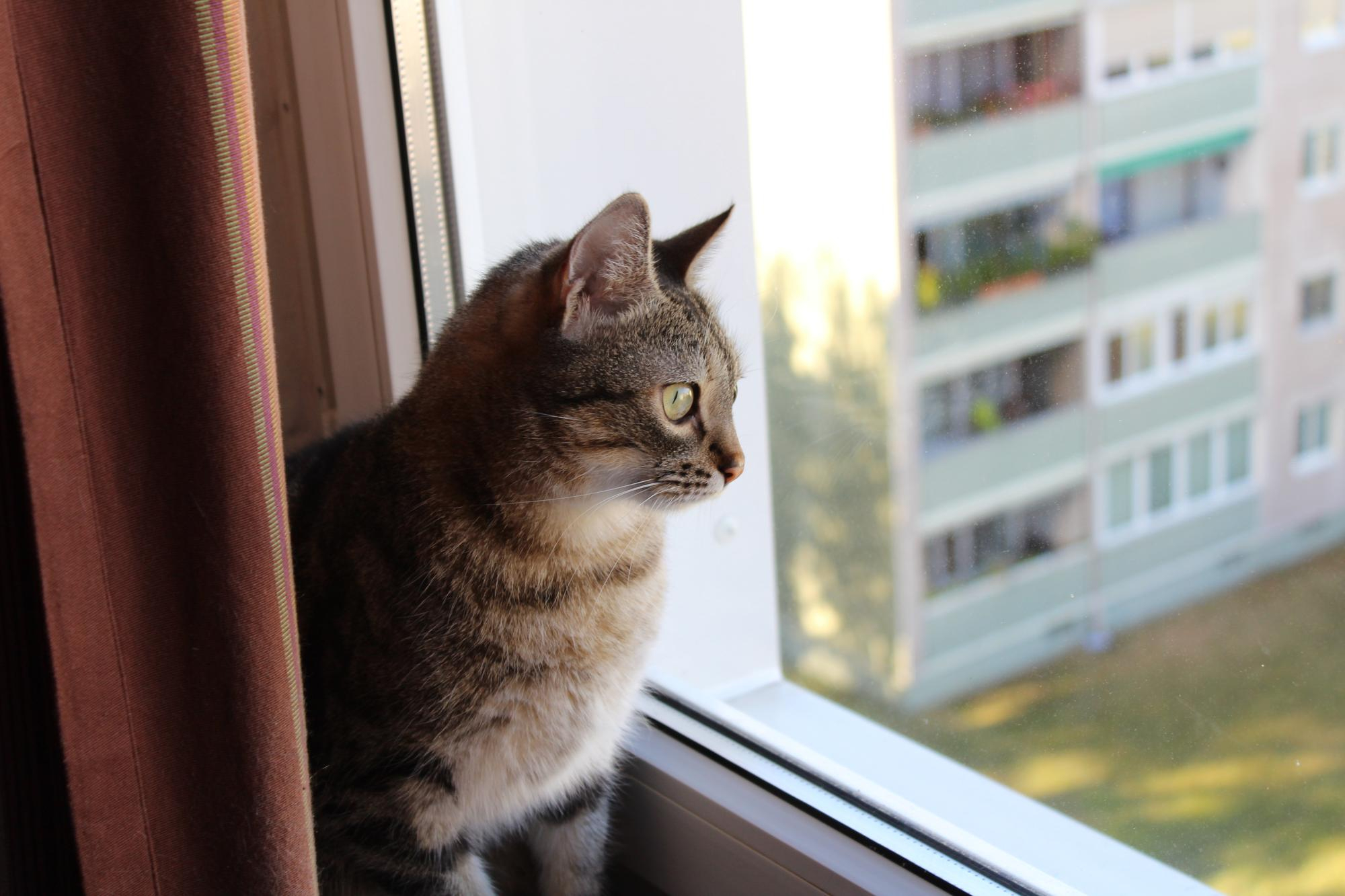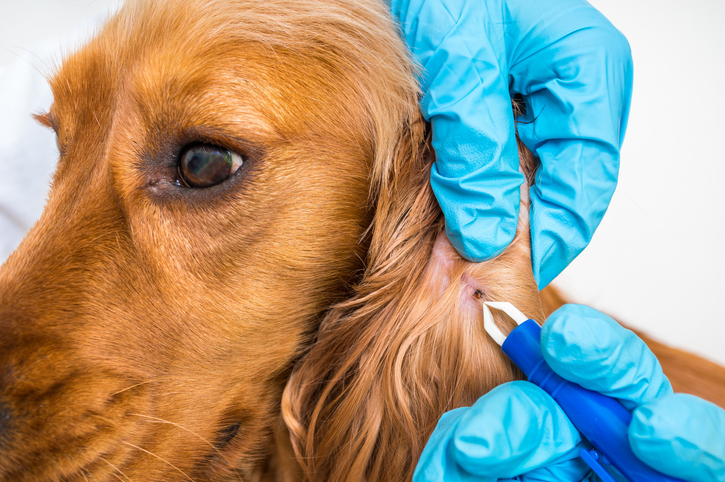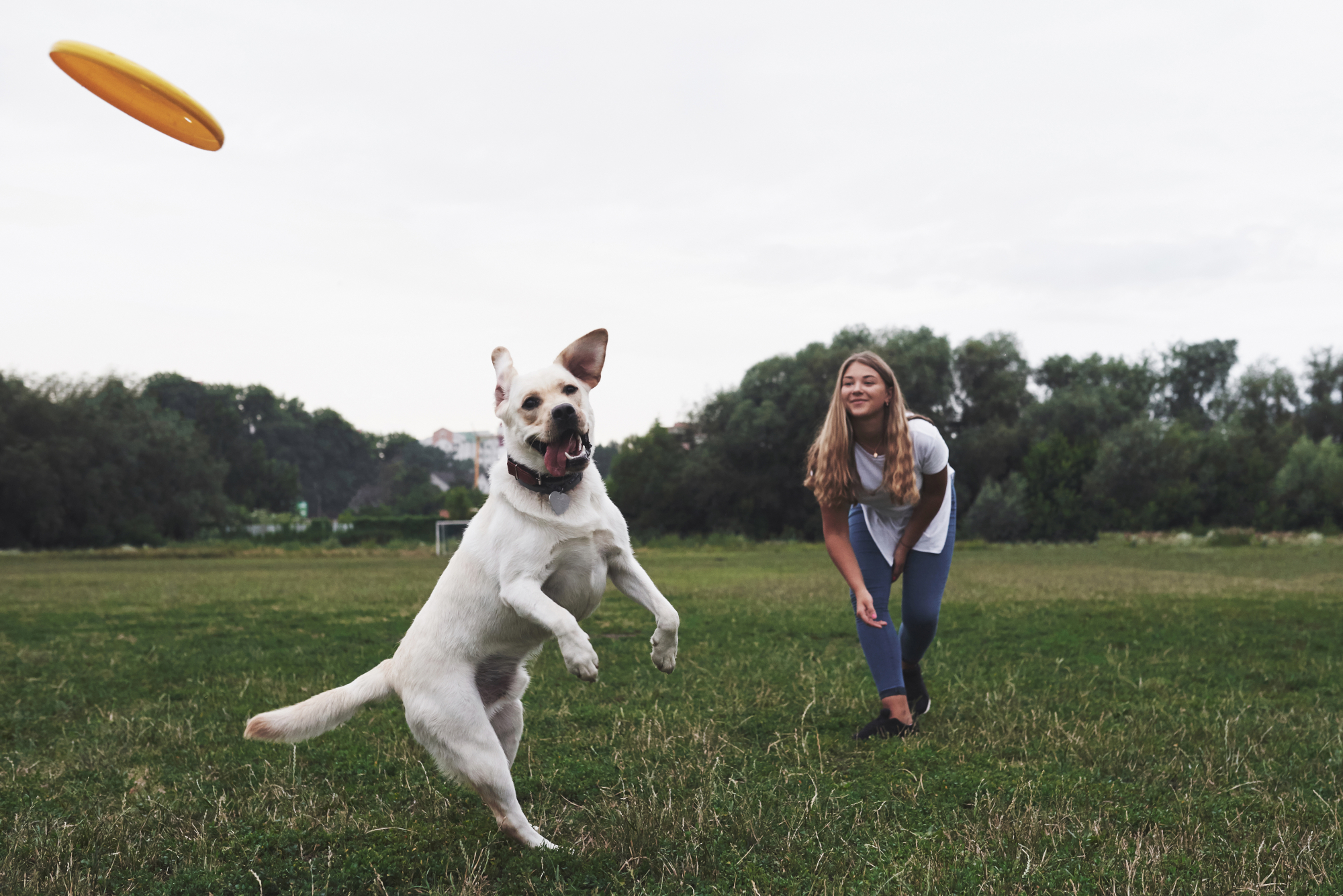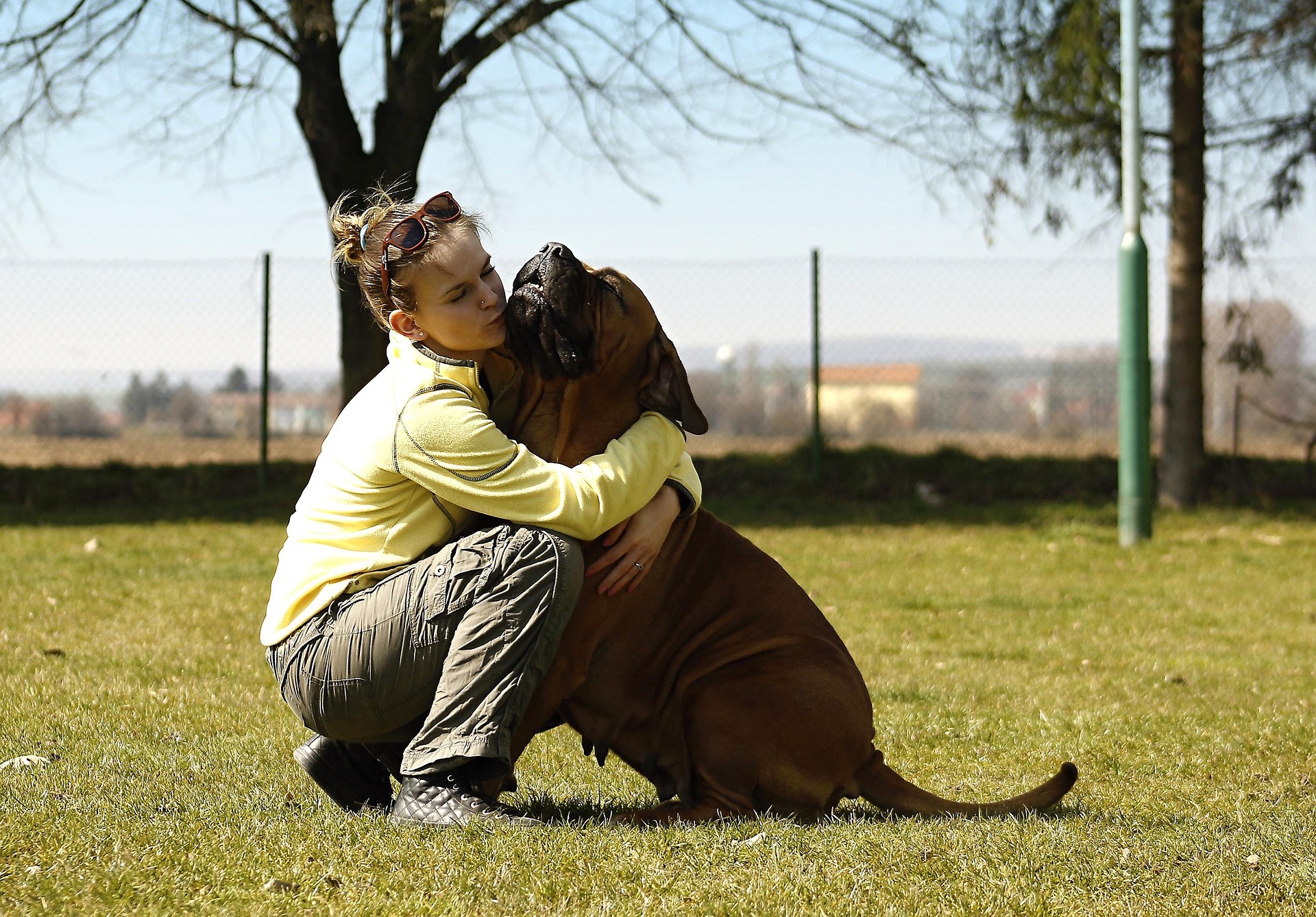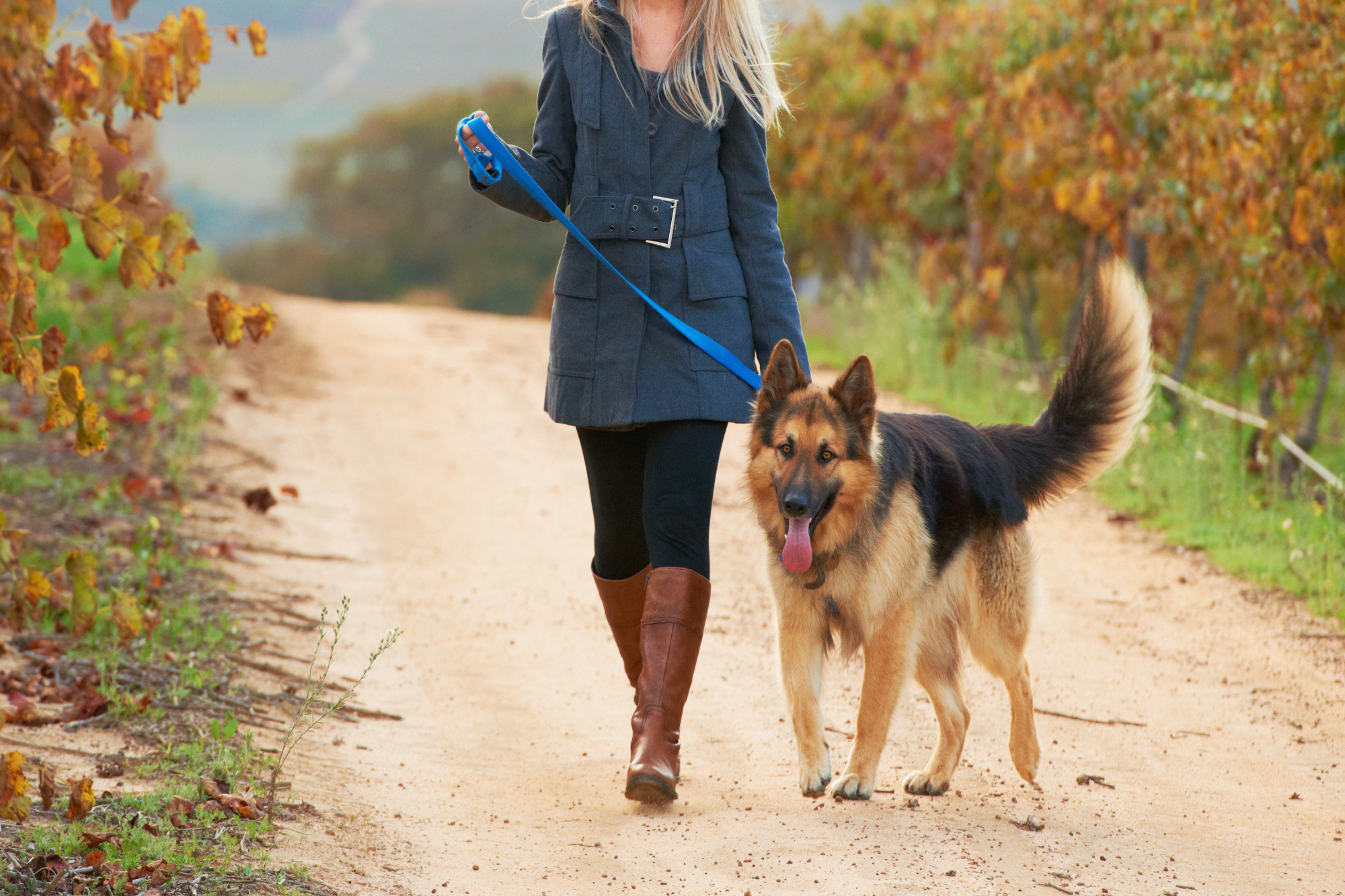Summer is a season usually associated with barbecues, fun activities, and lots of fresh air and long sunny walks with your dog. Unfortunately, summer wildfires are becoming more common and severe each year, particularly here in British Columbia.
By this point, you’re probably no stranger to smoke, haze, and air quality advisories during the summertime. Have you considered the way that wildfires and smoky skies can affect your pets however?
Cats, dogs, and rabbits all need to be considered when wildfires are creating smoke and haze in your area. In this guide, we’ll explain the hazards that poor air quality poses to our pets, as well as provide tips on how to ensure they’re kept safe and healthy until the sky is clear.
Does Wildfire Smoke Affect Pets?
The short answer is yes. The longer answer is that just like humans, pets can face harmful and hazardous health issues when breathing poor quality air that’s full of smoke and haze.
Any animal that breathes oxygen can be affected by the harmful chemicals and carcinogens in smoke. However, pets face a few unique problems during wildfire season that you may not have considered. Here’s what you need to know:
- Smoke and soot can stick to your pet’s fur, which is especially a concern for cats who lick their fur to groom themselves.
- Brachycephalic (flat-nosed) dogs (e.g., pugs, terriers, bulldogs, boxers, etc.) can have difficulties breathing at the best of times—this is made worse by polluted, smoky air.
- Older dogs are at risk of developing chronic bronchitis (symptoms include coughing and wheezing) during air quality advisories.
- Small dogs might suffer from collapsing trachea if exposed to too much smoky air.
- Cats and dogs with asthma or environmental allergies can have their conditions worsened by polluted air.
- Cats, dogs, and rabbits all have smaller respiratory systems than humans and are more affected by poor air quality than we are.
Tips to Keep Your Pet Safe From Wildfire Smoke
Unfortunately, there is no way to quickly clear wildfire smoke ourselves, which means pet owners need to adapt and make adjustments to keep their furry friends safe and healthy.
Firstly, your home should have some kind of air purification system to make sure smoke isn’t getting inside. You should also keep all doors and windows shut to keep the air inside as clean as possible. Beyond this, there are a few specific tips for keeping cats, dogs, and rabbits healthy during wildfires.
Protection for Dogs
Dogs need time to exercise outside in order to stay healthy, but this can become very difficult when wildfires affect the air quality. Unfortunately, keeping your dog locked up inside until the skies clear isn’t always an option, so you’ll need to make some careful considerations about how and when to take them out.
First of all, you should try to find ways to help your dog exercise within the home. This is easier for small dogs who don’t need as much room to run around. Try teaching them tricks that get them moving (such as jumping up for a treat) or playing a short-range game of fetch in a hallway.
When you do need to take your dog outside, we recommend doing so earlier in the morning or later at night. Lower temperatures will make the air a little more bearable for your dog, even if it’s still hazy. Limit walks to what’s absolutely necessary, and make sure to keep an eye on your dog. You don’t want to see them panting or wheezing, as this means they’re breathing more polluted air than they need to.
Many dogs don’t know their limits, and will eagerly keep trotting along even as they struggle to breathe. Watch them carefully, choose routes with plenty of shade, and bring some water along to help your dog stay cool.
Protection for Cats
While we recommend you keep your cat indoors year-round, many people still choose to let their cats come and go as they please. We strongly recommend that you keep your cat inside during wildfire smoke. As we mentioned before, cats are not only affected by the air itself but may also ingest carcinogens when they lick their smoky fur to groom.
Since cats don’t need to be taken outside for walks or to do their business, it tends to be much simpler to keep them healthy during periods of poor air quality. Just keep an eye on them for any panting, wheezing, coughing, sneezing, or laboured breathing. These can all be signs of respiratory issues related to air pollutants. If you notice any of these symptoms, take your cat to the veterinarian to have them examined and treated.
Protection for Rabbits
The guidelines for keeping your rabbits safe during wildfires is largely the same as for cats. The main thing to consider is whether you normally keep your rabbits inside or outside. We strongly recommend keeping rabbits in your home year-round, but this becomes absolutely essential during wildfires.
Rabbits are small creatures with easily affected respiratory systems. Be sure to bring them into your home with its clean air to make sure they stay healthy until the smoke clears. Keep an eye on your rabbit for signs of irritation, including breathing issues, coughing, red or watery eyes, inflammation of the throat or mouth, and asthma-like symptoms.
Take Preventative Action to Care for Your Pets
The best way to keep your pets safe and healthy for any event is to be prepared. In the case of wildfire smoke and haze, this means investing in air purification for your home (this is also essential for your health), having an evacuation plan for your pets in case the wildfire puts you in immediate danger, and of course, having a veterinarian regularly examine your pet.
By proactively addressing respiratory issues like asthma, we can help your pet fare much better during periods of poor air quality, helping them to breathe easily until the skies clear and they can enjoy fresh air again.
Creative Commons Attribution: Permission is granted to repost this article in its entirety with credit to Hastings Veterinary Hospital and a clickable link back to this page.

